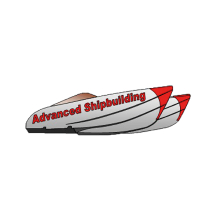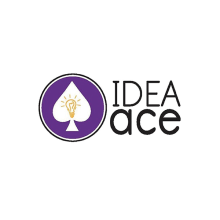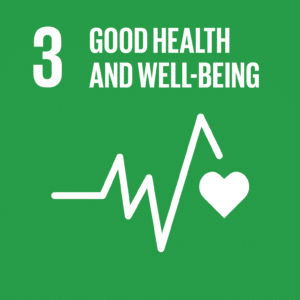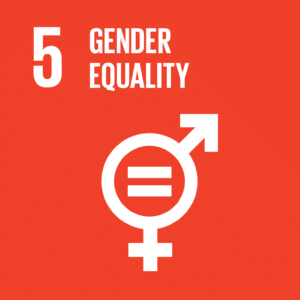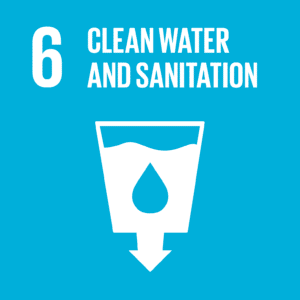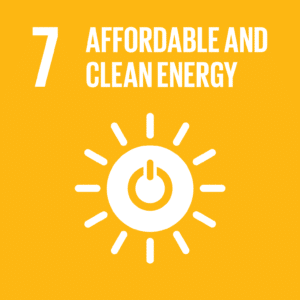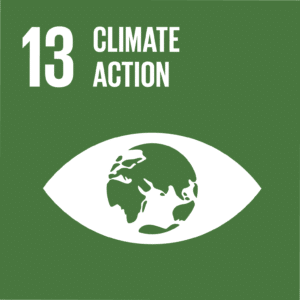Water purification system powered by renewable energy
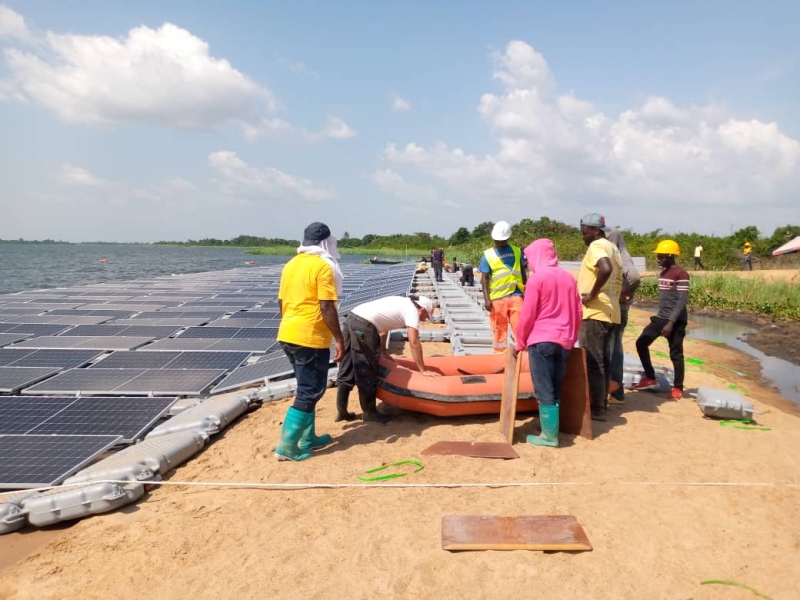
Safe drinking water in Ghana
Supplies of safe drinking water are under increasing stress by climate change and population growth. The current water purification systems and bottling plants often use chemicals that are hazardous to the environment. They produce poor quality water that tastes bad and is often unfit to drink. The plants themselves run mainly on fossil fuels which contribute to high greenhouse gas emissions.
Setting up a chemical-free water purification and bottling plant
A chemical-free water purification and bottling plant will be set up that run on emissions-free renewable energy that is independent of the grid in the Volta region of Ghana. This plant will produce around 10,000 bottles per day of both mineral and premium alkaline water.
In addition, a pilot bio-degradable bottle-making assembly line will be built to tackle the plastic waste issue which has severe consequences for the environment and ecosystems. As female empowerment is important in this project, the workforce will be comprised of 80-90% women, including the company director.
The project will be a demonstration of climate mitigation efforts in the local vicinity and beyond and can be used as a case study in schools and universities.
The application of renewable energy in the water purification and bottling plant will be transferable to other sectors.
No chemicals will be used. This will set an example to other water-purification plants and show that environmentally friendly techniques can be effectively used to replace damaging chemicals.
The overall amount of plastic waste produced in Ghana will be reduced as the aim is to switch to 100% bioplastics within one year. This way other plants can be encouraged to switch to eco-friendly production of plastic packaging.
Want to know more about this project?

